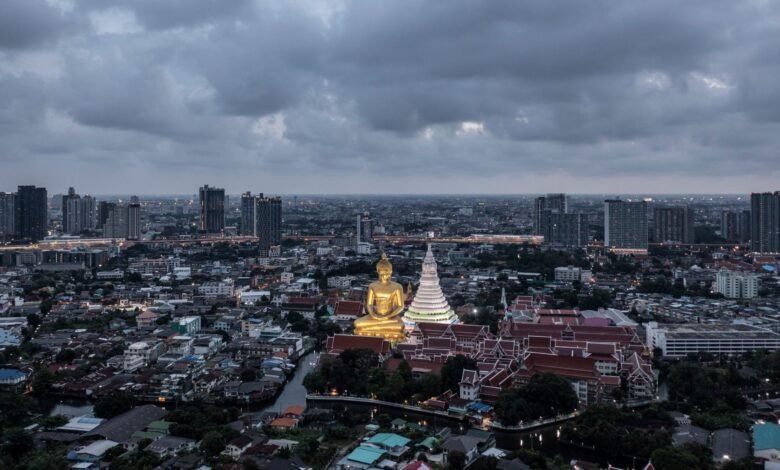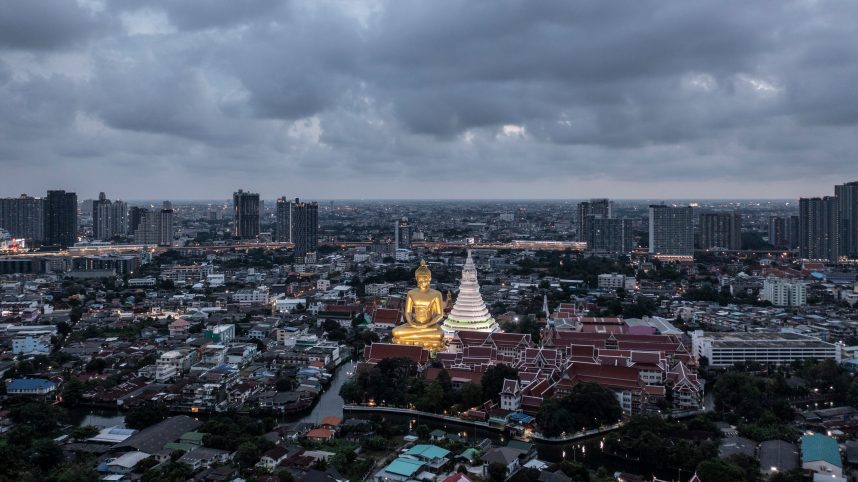Thai Government Eyes Bangkok for Three Casinos

Posted on: September 10, 2024, 06:29h.
Last updated on: September 10, 2024, 06:29h.
The newly installed Thai government would like to see as many seven casino hotels developed to start the country’s regulated gaming industry with up to three of those venues located in the capitol city of Bangkok.

Recent media reports suggest that new Prime Minister Paetongtarn Shinawatra is poised to bring a casino policy statement to parliament as soon as this week and that package is likely to include a directive calling for as many as seven gaming venues to commence Thailand’s foray into regulated gaming.
Should related speculation pertaining to seven integrated resorts and three in Bangkok prove accurate, those numbers would top previous scuttlebutt. Earlier this year, there was chatter that should Thai policymakers approve casino gaming — a prospect that’s increasingly likely — the country would start with five casino hotels. That plan called for two gaming venues in Bangkok, and one each in the Eastern Economic Corridor, Chiang Mai, and Phuket.
Bangkok Could Be Alluring Casino Center
An article published by The Nation on Monday featured comments from Deputy Secretary-General to the Prime Minister Suksit Srichomkwan indicating that the casino legislation under consideration by the Thai cabinet provides for three integrated resorts in Bangkok.
It’s believed that the legislation contains a provision calling for each winning bidder of a Bangkok casino license to pay $3 billion, meaning $9 billion in fresh revenue for the government. That price point is likely to be attractive to an array of global gaming giants because it’s significantly less than it would it cost to develop a new casino hotel on the Las Vegas Strip and far less than what some operators are planning to spend in New York.
Assuming long-term return on investment in the high teens or low 20s in percentage terms – a common goal in the gaming industry – a $3 billion licensing fee would likely be palatable to numerous gaming companies, including US-based firms Las Vegas Sands, MGM Resorts International, and Wynn Resorts. All three have expressed some interest in Thailand.
The aforementioned legislative package also includes stipulations that casinos command no more than 10% of an integrated resort’s square footage and that gaming venues outside of Bangkok will carry an initial licensing fee of $1.5 billion.
Bangkok Casinos Matter for Other Reasons
The Thai government’s commitment to allowing casino resorts in Bangkok is important for other reasons. First, it’s the most populous city in the country, thus making it desirable for operators.
Second, it’s a positive departure from what gaming companies dealt with several years ago in Japan. Operators such as Sands and Wynn, among others, hoped to get permits for integrated resorts in Tokyo and Yokohama — that country’s two biggest cities. Ultimately, those companies and others abandoned Japan ambitions because it became apparent those cities were not open to becoming casino hosts.
Speaking of Japan, Thai lawmakers backing the country’s casino ambitions are hoping to speed up the legislative process so that their nation’s first gaming venues open before MGM Osaka does in 2030.





